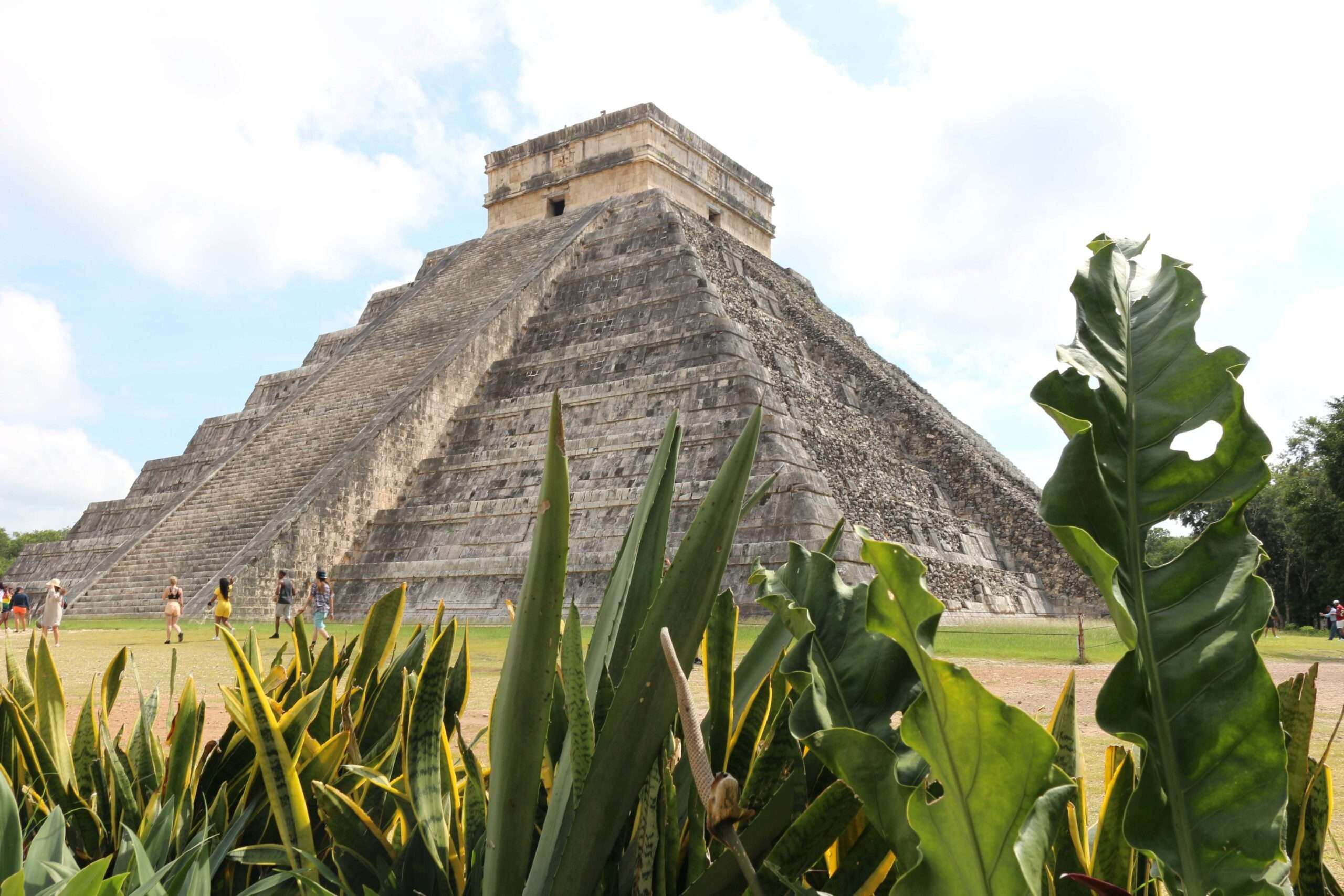Chichén Itzá is an ancient Mayan city located in the Yucatan Peninsula of Mexico. It was a major center of Mayan civilization between the 10th and 13th centuries and played an important role in the development of modern civilization. Here are some reasons why Chichén Itzá is significant:
- Advancements in Astronomy: Chichén Itzá was home to some of the most advanced astronomical observations in the world at the time. The Mayans were able to accurately predict solstices, equinoxes, and eclipses, which allowed them to develop a sophisticated calendar system that is still used today.
- Development of Mathematics: The Mayans also made significant contributions to the field of mathematics. They were one of the few ancient civilizations to use the concept of zero in their calculations, which allowed them to develop a complex numerical system. They also used a base-20 numbering system, which made calculations more efficient.
- Architecture: The buildings and structures at Chichén Itzá are some of the most impressive examples of Mayan architecture. The city is home to numerous temples, pyramids, and ball courts that were constructed with incredible precision and skill. One of the most famous structures is the Temple of Kukulcan, also known as El Castillo, which is a UNESCO World Heritage Site.
- Trade: Chichén Itzá was a major trading center, with goods such as obsidian, jade, and cacao being exchanged. The city’s location near the Caribbean Sea and Gulf of Mexico made it a key hub for trade between the Mayans and other civilizations, such as the Toltecs and Aztecs.
- Influence on Contemporary Culture: Chichén Itzá and other Mayan sites have had a significant impact on contemporary culture. The city has been featured in numerous films, television shows, and video games, and its iconic architecture has inspired modern designs. The Mayan calendar has also been the subject of numerous discussions and debates, and is still studied and used today.
Overall, Chichén Itzá is a remarkable example of the achievements of Mayan civilization. Its contributions to astronomy, mathematics, architecture, and trade have had a lasting impact on modern society, and its cultural significance continues to inspire and captivate people from around the world.






